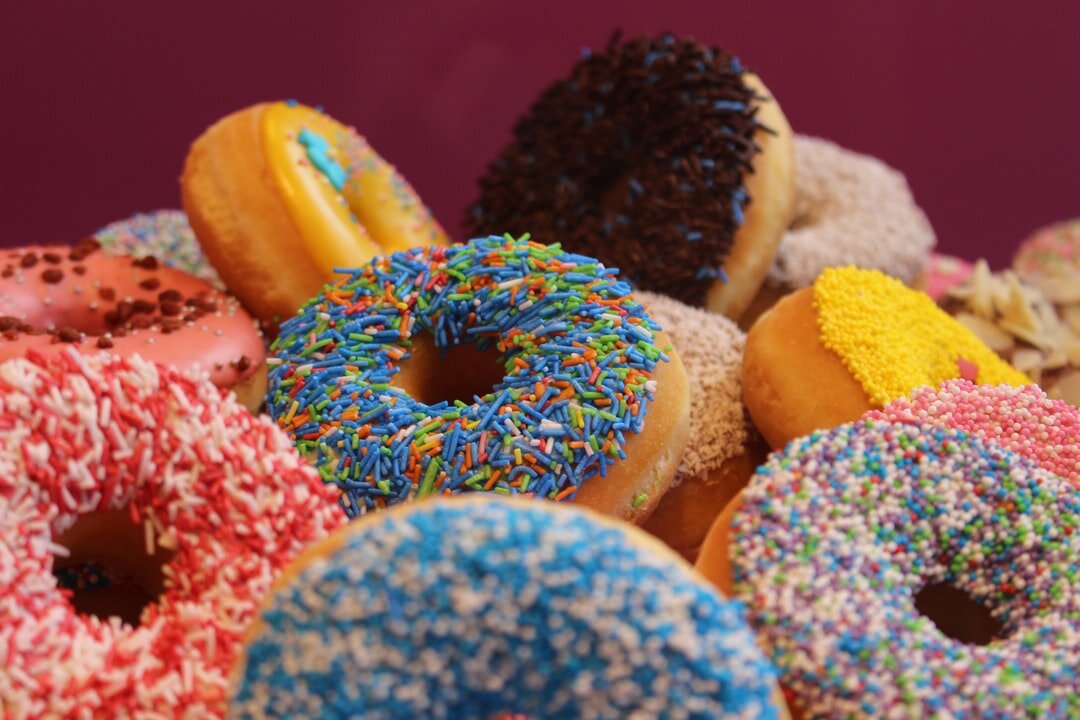Surprising ways your body says “I’m tired”
How to tell if you need more sleep.
Feeling tired is the most obvious sign that you need more sleep – but it’s not the only one.
Your body sends all sorts of signals when it’s tired, from skin breakouts to brain fog to moodiness. Here are ten signs to keep in mind.
1. Junk food cravings
Lack of sleep can make you crave food that’s high in energy but low in nutrients – food like chocolate, chips, and sweets. Junk food often provides a quick energy boost but can leave you feeling even more sluggish as the day goes on.
Plus, when you’re tired, your judgement is also impaired – making it harder to drum up the motivation to choose nutritious options.
2. Skin breakouts
Pimples are an annoyance to people of all ages, and they can affect just about anyone. But if your skin is usually smooth and you’re suddenly getting breakouts, it could be a sign that you need more sleep. Why? Disrupted sleep messes with your hormones. Increased cortisol is the main culprit for skin issues.
3. Brain fog
Ever feel like your brain is disconnected from your body? As though there’s a layer of fog that’s preventing you from thinking clearly? Brain fog has been linked with sleep deprivation. If you feel ‘foggy’, it’s worth trying to get to bed a bit earlier.
4. Moodiness
Mood and sleep are interconnected. A lack of sleep can turn you into a grumpy, irritable version of your better self.
This isn’t news to most people – the effects of too little sleep are glaringly evident in toddlers and young children. However, sometimes we forget that the same goes for adults.
5. Poor memory
The link between sleep deprivation and poor memory is well-established. Missing even a single night of sleep can have noticeable effects on memory.
If you find it challenging to recall people, events, and facts, you might benefit from more sleep.
6. Feeling low
We’ve mentioned that a lack of sleep affects your mood, but sometimes it can go deeper than that. A lack of sleep can also contribute to depression and other mental health conditions.
The National Sleep Foundation, a nonprofit organisation in the US, notes that people with insomnia are ten times more likely to have clinical depression than those without.
7. Puffy red eyes and dark circles
A lack of sleep can allow fluid to build up around your eyes, making them puffy. It also makes skin pale and dull, which enhances the look of dark circles.
Chronic sleep deprivation may also accelerate the signs of ageing. The solution? Beauty sleep, of course, and plenty of it.
8. Coffee cravings
Caffeine is a pick-me-up, and it’s no wonder we want more of it when sleep is lacking. However, take note of your coffee intake: if it’s creeping up, you may need more sleep, not more coffee.
There’s a word of caution needed here, too. While coffee is often an effective quick fix for those feeling sleep-deprived, more than a moderate amount can have an impact on sleep quality. When it disrupts sleep, it causes the drinker to be more tired the next day, requiring more caffeine to reverse the effects.
9. Feeling lousy in the mornings
Before you say, “well, duh”, let us mention that this doesn’t just mean feeling tired when you wake up. In this case, we are talking about feeling unwell – maybe a dry throat or a headache.
These symptoms can be a sign of interrupted or poor-quality sleep. So, if you wake up feeling like you’re coming down with something every morning, your sleep habits may be to blame.
10. Weight gain
If you notice weight gain and you’re not sure what’s causing it, take a look at your sleep habits.
A lack of sleep messes with the hormones that control your appetite – namely, reducing leptin levels and increasing ghrelin. This combination results in hunger, which in turn can lead to weight gain.
Not sure how much sleep you should be getting each night? Eight hours is the standard number but sleep is very individual.



